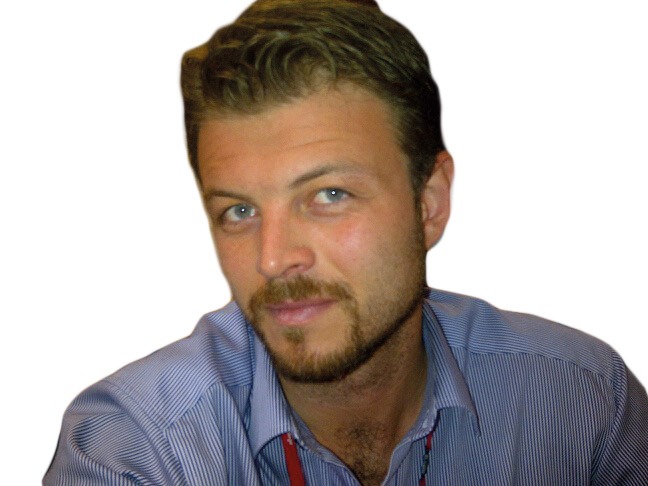
There is a recent story about a UK-based private insurer potentially no longer recognising interventional radiologists as primary practitioners for the treatment of varicose veins that is doing the rounds. While this story is unconfirmed, it acts as a wake-up call and a reminder that we have to remain vigilant in order to protect our professional rights, writes Gregory C Makris, Oxford, UK.
There are many potential future risks for our specialty. Everybody has the right to train in endovascular techniques in a recognised training centre and in a regulated environment. This means that if you have obtained the necessary skills through the required years of training then you should be able to perform certain endovascular tasks independently and be given the chance to compete on an even footing.
We should accept the fact that like in any other market, if you have the skills and you can provide a high quality and safe service, then you should be allowed to compete for a place in that market, whether that is called peripheral arterial work or varicose veins.
The market law of “demand and supply” is usually very efficient at providing the environment that allows a healthy competition that in the end benefits the patient. However, what we should not accept are attempts to manipulate the rules of healthy competition so that we are no longer able to compete. Interventional radiologists have all the necessary skills and training required to be independent providers of endovascular treatments for the management of varicose veins and any attempt to keep us out of the contention for this work is a real threat and should not be accepted.
A case in point of such an attempt, in my opinion, is the wide variation in the status of admitting rights. How can we be expected to compete when we are not able to admit our own patients in our own hospital beds? The introduction of interventional radiology day units in some hospitals has provided a partial solution to this, but more needs to be done in order to ensure a fair environment for healthy competition. Despite the fact that I recognise that every organisation has the right to run its business the best way they see fit, when it comes to damaging the rules of competition and limiting the choices that patients have, then there should be a justification based on facts. In cases like these it is becoming obvious how important it is to have strong national and European professional societies and possibly this is the real “take home” message from this story.
The aforementioned story is an example of what potentially poses the most serious risk to our profession. It is not competition from other specialties but our exclusion from being able to compete on equal grounds for the provision of endovascular services. Once a fair competitive environment has been established, interventional radiologists have nothing to be afraid of since we have the skills and qualities necessary to provide excellent services for our patients and the other specialties we work with.
Gregory C Makris is a vascular and interventional radiology fellow, Oxford university hospitals, NHS Foundation Trust, and clinical entrepreneur fellow at NHS Innovation England, UK













